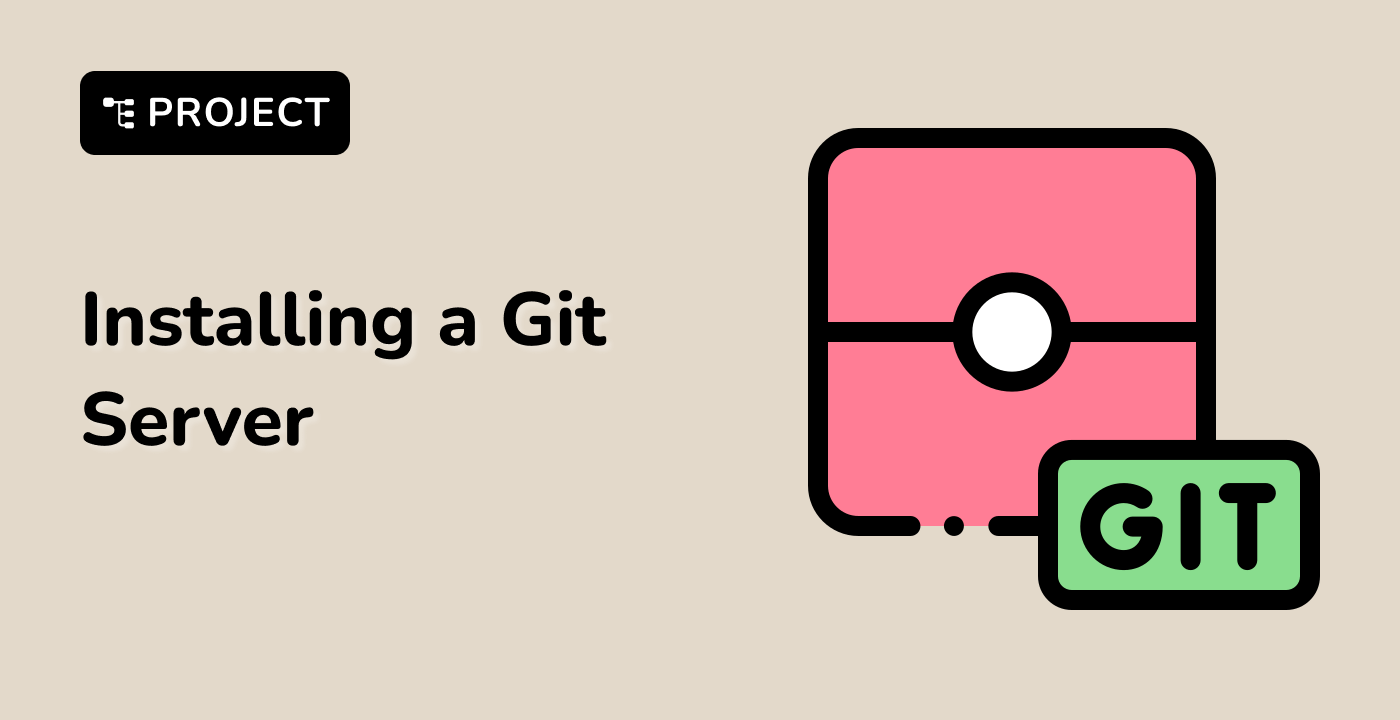Resolving Merge Conflicts
Understanding Merge Conflicts in Git
Merge conflicts occur when two branches modify the same code section, preventing automatic integration. These conflicts are critical challenges in collaborative development and code integration.
Conflict Detection Workflow
graph TD
A[Branch A Changes] --> B[Merge Attempt]
C[Branch B Changes] --> B
B --> D{Conflict Detected?}
D -->|Yes| E[Manual Resolution]
D -->|No| F[Automatic Merge]
Common Conflict Scenarios
| Scenario |
Description |
Resolution Strategy |
| Line Modification |
Same line edited differently |
Manual selection |
| File Deletion |
One branch deletes, other modifies |
Explicit decision |
| Concurrent Additions |
Same file added differently |
Merge content |
Practical Conflict Resolution on Ubuntu 22.04
## Create branches with conflicting changes
git checkout -b feature_branch
echo "New feature implementation" > README.md
git add README.md
git commit -m "Add new feature"
git checkout main
echo "Different implementation" > README.md
git add README.md
git commit -m "Alternative implementation"
## Attempt merge
git merge feature_branch
## Conflict will be triggered
## Manually resolve conflict
nano README.md
## Edit conflict markers (<<<<<<<, =======, >>>>>>>)
## Stage resolved file
git add README.md
## Complete merge
git commit -m "Resolved merge conflict"
Conflict Markers Explanation
Git uses specific markers to highlight conflict zones:
<<<<<<<: Indicates start of current branch changes=======: Separates conflicting sections>>>>>>>: Marks end of incoming branch changes
Merge conflicts demand careful code integration, requiring developers to understand both conflicting implementations and choose the most appropriate solution for collaborative development.




